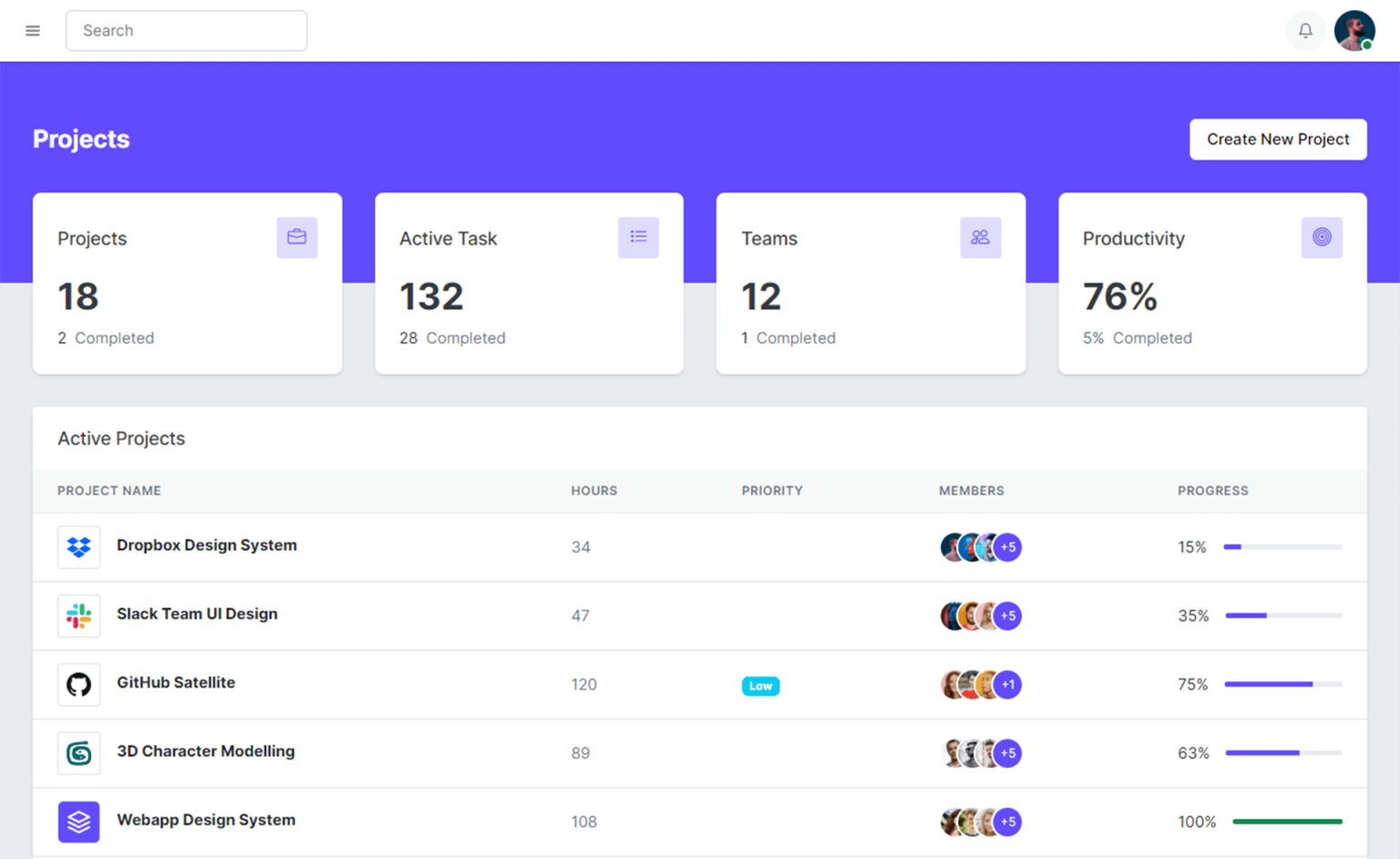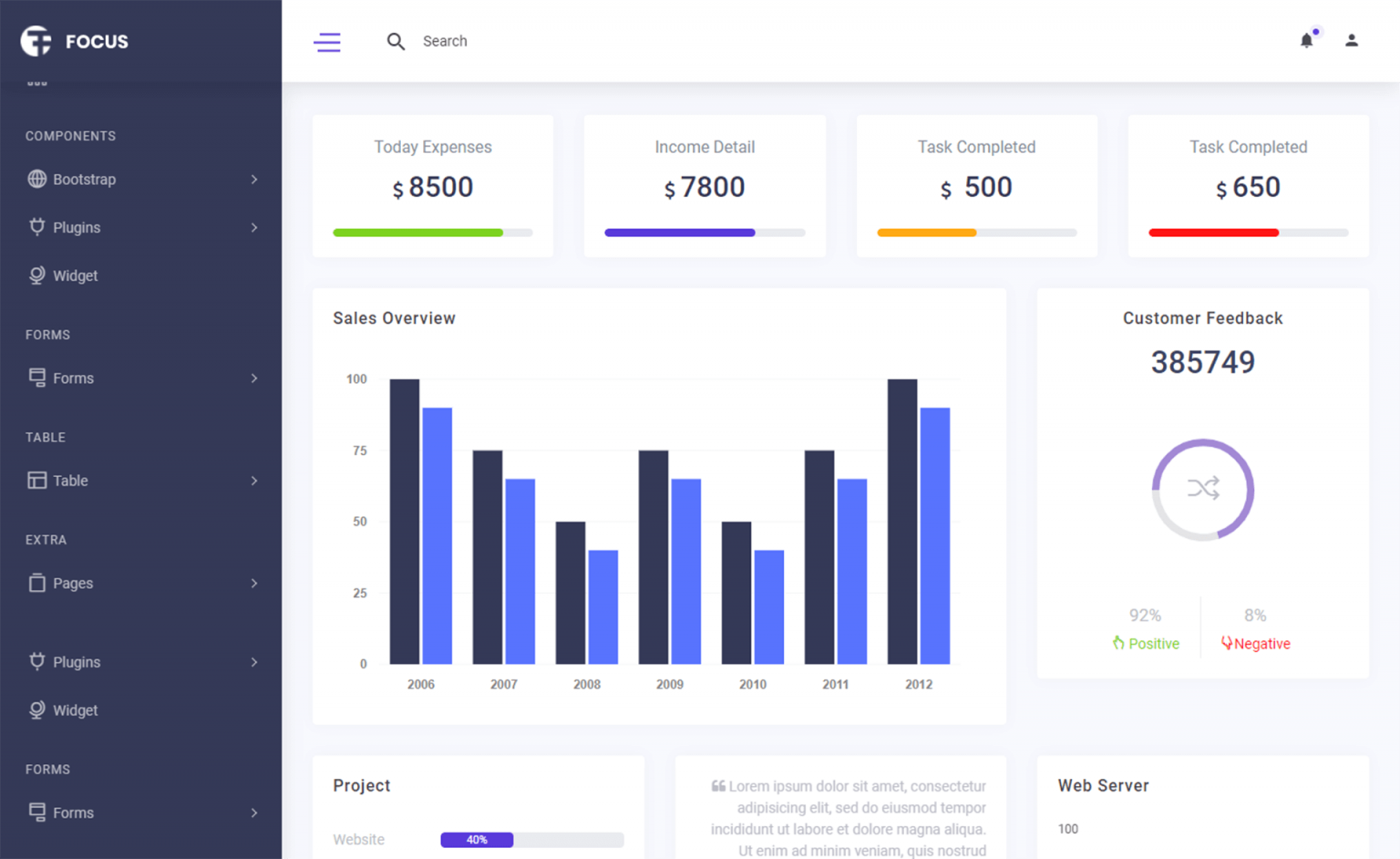C# LINQ Performance Optimization
By Tan Lee Published on Feb 06, 2025 131
However, improper use can result in performance problems. This article will explore useful tips and techniques to optimize your LINQ queries and boost the performance of your C# applications.
Choose the Right Data Structure
Selecting the appropriate data structure can significantly affect the performance of your LINQ queries.
- Use List for small to medium-sized collections that require frequent additions and removals.
- Use HashSet for fast lookups and when you need to ensure uniqueness of elements.
- Use Dictionary<TKey, TValue> when you need to store key-value pairs and perform quick lookups by key.
Choose Compile-Time Query Execution
LINQ queries can be executed either at runtime (using IEnumerable<T>) or compile-time (using IQueryable<T>). Compile-time execution can improve performance by allowing the query to be optimized before execution.
// Using IEnumerable<T> (runtime query execution) IEnumerable<Order> orders = GetOrders(); var highValueOrders = orders.Where(o => o.TotalAmount > 500); // Using IQueryable<T> (compile-time query execution) IQueryable<Order> orders = GetOrdersAsQueryable(); var highValueOrders = orders.Where(o => o.TotalAmount > 500);
In the second example, the query is executed at compile-time, which can enhance performance by enabling query optimization before it runs.
Use Any and All Methods Wisely
The Any and All methods are useful for checking specific conditions in a collection, but improper use can cause performance issues. Here's how to use them efficiently:
- Use Any() instead of Count() when checking if a collection has at least one element.
- Use All() to check if all elements in a collection satisfy a condition, rather than using Where() and Count().
// Less efficient bool hasProducts = myProducts.Count() > 0; // More efficient bool hasProducts = myProducts.Any(); // Less efficient bool allItemsValid = myProducts.Where(p => p.IsAvailable).Count() == myProducts.Count(); // More efficient bool allItemsValid = myProducts.All(p => p.IsAvailable);
In the second examples, Any() and All() provide better performance by avoiding the overhead of unnecessary operations like Count() or Where().
Prefer Lazy Evaluation
LINQ supports deferred execution, meaning the query is not executed until the results are actually needed. This can enhance performance by executing the query only when necessary.
// Eager evaluation (less efficient) var selectedItems = myItems.Where(item => item.IsActive).ToList(); // Lazy evaluation (more efficient) IEnumerable<Item> selectedItems = myItems.Where(item => item.IsActive);
In the second example, the query is only executed when the selectedItems collection is iterated or accessed, which can lead to better performance by avoiding unnecessary computation upfront.
Use Select and Where Judiciously
The Select and Where methods are crucial in LINQ queries, but improper usage can impact performance. Here are some tips:
- Use Select to project only the fields you need, instead of returning entire objects.
- Chain Where clauses to filter data early in the query, reducing unnecessary processing.
// Less efficient
var filteredResults = myItems.Where(item => item.IsActive).Select(item => item);
// More efficient
var filteredResults = myItems.Where(item => item.IsActive).Select(item => new { item.Id, item.Name });
// Less efficient
var filteredResults = myItems.Where(item => item.IsActive).Where(item => item.IsVerified);
// More efficient
var filteredResults = myItems.Where(item => item.IsActive && item.IsVerified);In the second examples, by projecting only the necessary fields and combining the Where clauses, the query becomes more efficient by processing less data.
Leverage Parallel LINQ (PLINQ)
Parallel LINQ (PLINQ) allows for executing LINQ queries in parallel, which can improve performance for large datasets or CPU-bound operations. To use PLINQ, simply call the AsParallel() method on your collection:
// Using PLINQ (parallel execution) var results = myCollection.AsParallel().Where(x => x.IsValid).Select(x => x.Name);
However, keep in mind that parallel execution may introduce additional overhead, and it doesn’t always guarantee performance improvements. It’s important to test your application to ensure PLINQ is used optimally.
Use Index-Based Where Overload
For large collections, using the index-based overload of the Where method can improve performance. This allows filtering based on both the item and its index:
// Less efficient var results = myCollection.Where(x => x.IsActive); // More efficient (index-based filtering) var results = myCollection.Where((x, index) => x.IsActive && index < 100);
In the second example, the query filters items by both their IsActive property and their index, resulting in a more efficient query.
Avoid Multiple Enumerations
Multiple enumerations of a LINQ query can lead to performance issues because the query executes multiple times. To prevent this, materialize the results into a concrete collection like List<T> or Array<T>:
// Multiple enumerations (less efficient)
IEnumerable<MyClass> results = myCollection.Where(x => x.IsValid);
int count = results.Count();
foreach (var item in results) { /* ... */ }
// Materializing the results (more efficient)
List<MyClass> results = myCollection.Where(x => x.IsValid).ToList();
int count = results.Count;
foreach (var item in results) { /* ... */ }By converting the results to a List<T>, the query is only executed once, improving performance.
Optimize LINQ to SQL Queries
When using LINQ to SQL, optimizing your queries can minimize the amount of data transferred between the application and the database.
- Use Select to project only the necessary fields.
- Filter data using Where before applying operations like GroupBy or OrderBy.
- Use Take and Skip for pagination instead of retrieving all data and filtering it in the application.
- Use CompiledQuery.Compile to cache and reuse frequently executed queries.
// Less efficient
var allOrders = context.Orders.ToList();
var highValueOrders = allOrders.Where(o => o.TotalAmount > 500).Select(o => new { o.OrderId, o.CustomerName });
// More efficient
var highValueOrders = context.Orders.Where(o => o.TotalAmount > 500).Select(o => new { o.OrderId, o.CustomerName }).ToList();The second example filters and projects data directly in the database, reducing the amount of data transferred and improving performance.
Use Predicate Builders for Dynamic Queries
When dealing with dynamic queries, using a PredicateBuilder allows you to build complex filtering conditions more efficiently.
// More efficient with PredicateBuilder var predicate = PredicateBuilder.New<MyClass>(x => x.IsAvailable); predicate = predicate.And(x => x.Price > 50); predicate = predicate.And(x => x.IsInStock); var results = myCollection.AsQueryable().Where(predicate);
In this example, the PredicateBuilder allows you to combine conditions (IsAvailable, Price > 50, and IsInStock) dynamically, ensuring a more efficient and optimized query compared to multiple Where clauses.
By following these tips, you can optimize LINQ queries and enhance the performance of your C# applications. Remember, performance optimization is an ongoing process, so continually analyze and adjust your code for the best results.
- C# LINQ Tutorial
- C# LINQ query and method syntax
- Group by in LINQ
- How to get the index of an element in C# LINQ
- Cannot use a lambda expression as an argument to a dynamically dispatched operation
- How to group by multiple columns using LINQ
- Using LINQ to remove elements from a List<T>
- How to Find XML element by name with XElement in LINQ





